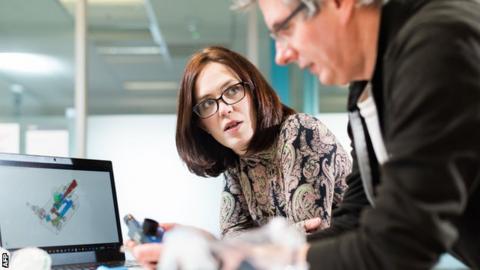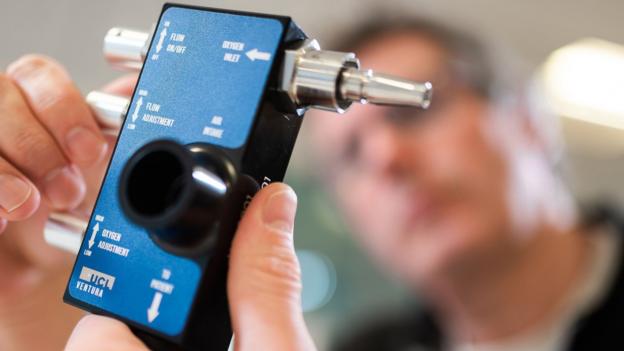
The seven UK-based Formula 1 teams have contributed to the supply of more than 20,000 orders from the NHS for devices to treat coronavirus patients.
A consortium involving all the teams and several other manufacturers has had more than 10,000 ventilator orders.
This is as well as 10,000 breathing-aid devices being produced to a new design invented by the Mercedes team and University College London Hospital.
A third F1-related project has been ended as the devices were not required.
The new orders with which all the UK-based teams are involved are for a device known as a Rapidly Manufactured Ventilator System (RMVS).
The RMVS was developed by clinicians and the medicines and healthcare products regulator agency (MHRA), and has now received formal orders from the government in excess of 10,000 units for the NHS.
The UK-based F1 teams embarked in March on a collaboration known as ‘Project Pitlane’ on three different workstreams after co-ordination with the Government on requirements to deal with the coronavirus crisis.
That project – which has since been discontinued – was known as BlueSky and was for a portable ventilator design invented by an NHS doctor.
The Red Bull and Renault teams collaborated as joint project leads to deliver prototypes for the design with help from the other UK-based teams.
But the NHS decided this relatively simple model was no longer required because the treatment of Covid-19 patients needed more sophisticated devices.
The Mercedes design – known as the ‘continuous positive airway pressure’ device (CPAP) – is a breathing aid to help patients with lung infections breathe more easily when an oxygen mask was insufficient but a full ventilator was not required.
Mercedes have turned over their entire UK engine base in Brixworth to the production of the CPAP device and are producing up to 1,000 units a day.
An F1 spokesman said that “The F1 team project leads for BlueSky – Red Bull Racing and Renault F1 Team – have shown brilliant dedication and skill throughout the project and should feel proud of the work they have undertaken”.
He added: “The seven teams continue to focus their collective efforts on the two remaining workstreams, while standing ready to respond to any further calls for help.”
